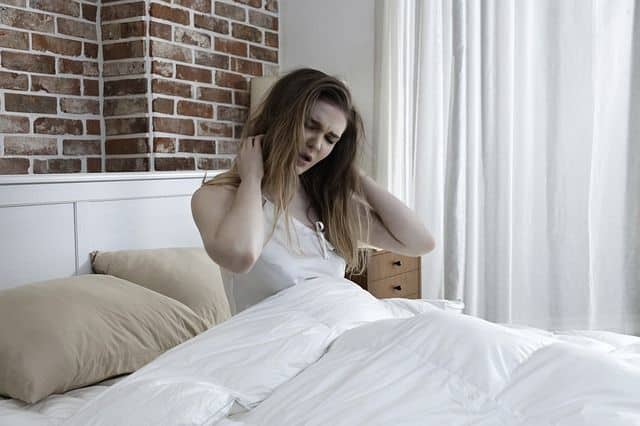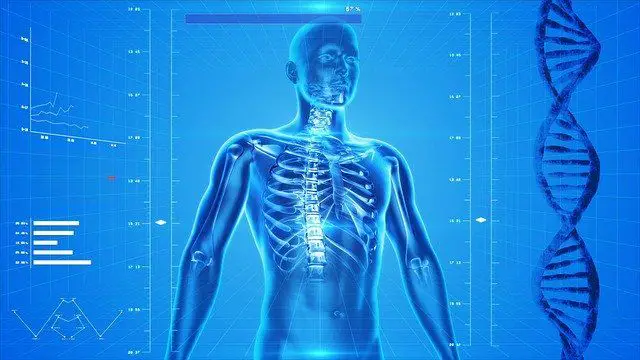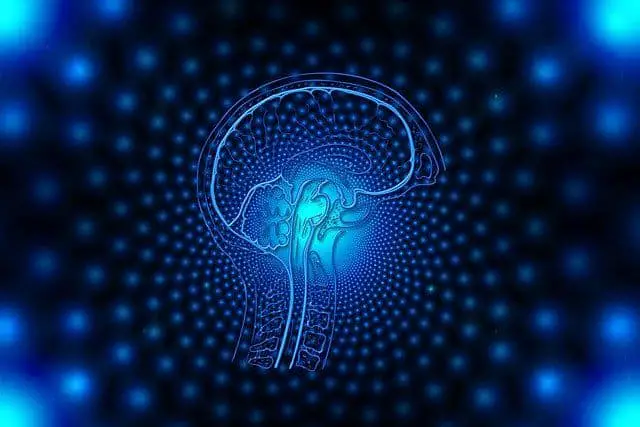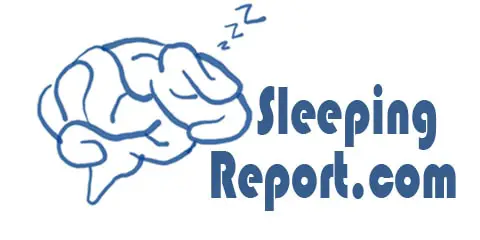Countless decades of research and generations of experience have come to the same conclusion; sleep is extremely important.
Sleep allows both your body and mind time to rest and process all the information gathered through the day. However, despite hearing about the importance of sleep from everyone and their next-door neighbor, you may find that sometimes you do better on less sleep.
So, why do you perform better with less sleep? You perform better on less sleep because during these incidences your body releases a collection of hormones that impact your alertness and your energy levels. This affects your performance levels, temporarily helping you to perform better.

How Much Sleep is Too Little?
Before exploring what happens to you when you’re operating on less sleep, it’s worth considering what ‘less sleep’ actually is. Most sleep experts, doctors, and researchers agree that most of us need at least 6-8 hours of sleep a night.
If you get less than six hours of sleep on one night, your body will likely go into a ‘survival mode’ of sorts, where it uses strategies to help it function on less sleep.

Impact on Hormone Levels
One strategy that your body uses to cope when it’s had less sleep is to release higher levels of hormones.
Cortisol
For instance, a lack of sleep can cause the body to produce more cortisol, which is known as the ‘stress hormone.’ Amping up its production level is the body’s natural way of dealing with stress.
When encountered with a stressful situation, the body goes into a ‘fight or flight’ mode where it either addresses the stressor head-on or runs away from the stressor. Whichever option you choose, your body assumes, you’ll need energy, which is why it gives you an added boost of cortisol.

The body considers a lack of sleep an undoubtedly stressful scenario, which is why, at some point during your day, it will release cortisol.
Cortisol begins to break down muscle stores in your body to give you extra energy. So, with this added boost of energy, you may feel more physically active.
However, while cortisol is great in actual stressful situations (like when you have to flee from a predator or sprint to catch a train), it can actually be harmful when you’re not in a particularly stressful situation – such as when you’re simply at the office or at school.
High levels of cortisol can cause your body to begin to store fat and also increase your heart rate and blood pressure, which can have a lasting impact on your health.
Adrenaline
Another way your body reacts to stressful situations is to produce more adrenaline. Unlike cortisol, adrenaline typically stays in the body for only one hour after a stressful event.
However, when you’ve had less sleep, the brain is more likely to interpret otherwise minor events as stressful, like a car honking or an alarm ringing. As a result, more adrenaline is produced in your body.
Like cortisol, adrenaline also causes a temporary increase in energy. Adrenaline increases your heart rate and widens the passage of your lungs, which helps oxygen reach your cells faster, helping them function better.
It also increases glucose levels in your brain, making you more alert. When you’re on an adrenaline’ high,’ your pupils dilate, improving your vision, and your body sends more blood to your muscles, giving you some added strength.
When you’re experiencing an adrenaline rush, it’s no surprise that you perform better as your body is running on superhero reserves of strength.
However, after a high, there’s always a crash. Too much adrenaline can lead to heart damage and insomnia.
Ghrelin
When you’re sleep-deprived, your body begins to produce more ghrelin, which is the hormone that makes you feel hungry.
At the same time, the amount of leptin in your body, the hormone that decreases hunger, goes down. So, you find yourself reaching for more food when you’re tired.
But, ghrelin does a lot more than make you hungry – it makes you crave very specific foods – carbs and sugars.
Both raise your energy levels – sugars are rapidly absorbed into your bloodstream, and simple carbs break down into sugars to have the same effect.
The sugars you’re always tempted to snack on are another reason you perform better at work or school. But, keep in mind that like all other hormones, the increase in ghrelin is also temporary.
This article is owned by Sleeping Report and was first published on November 30, 2019
At some point, your body will stop producing vast amounts of ghrelin, and you’ll start to feel full. Once you’ve processed all the sugar, you’ll come down from your sugar high.
Your body will eventually stop producing excess levels of hormones, and you’ll experience an eventual energy crash.
While your hormone levels are high, you’ll find that you are more alert, energetic and active, but once they drop you’ll feel drained and exhausted – even worse than if you’d had a normal amount of sleep.
Brain Activity Spikes

As well as raising your hormone levels, recent research has found that a lack of sleep can also cause a spike in brain activity.
Researchers from the University of Milan conducted a study where they delivered stimuli to the frontal cortex of people who had been awake for two, eight, 12, or 32 hours.
The research found that the brain reacted with more activity when the subjects had been awake for 32 hours or, in other words, had been deprived of a night’s sleep.
While research is still being done about why this happens, it could explain why the brain seems more alert when you’ve had less sleep.
Are You a Short Sleeper?

The release of hormones and changes in brain activity are the most likely explanation for why you work better with less sleep. However, there’s another explanation; that you’re a short sleeper.
Short sleepers have been found to have particular genes that allow them to get less than typical sleep each night and still function well. They need less than six hours of sleep but can enjoy the same alertness and energy as everyone else.
Famous possible short sleepers include Indra Nooyi (chairman and CEO of PepsiCo) and Sergio Marchionne (CEO of Fiat).
This article is owned by Sleeping Report and was first published on November 30, 2019
In their cases, we can argue that sleeping less has helped them perform better at work. Perhaps it’s because they enjoy extra hours to be productive each day, or simply because they perform better with less sleep.
However, only approximately 3% of the population are short sleepers and get to reap the productive benefits of sleeping less.
Negative Effects From Lack of Sleep

If you do experience an energy crash by the end of the day, it’s likely that you’re not a short sleeper. Your body was probably running on adrenaline, cortisol, and sugar.
While you may feel great for some time, it’s important to remember that the factors that help you perform better on less sleep – including a rise in hormone levels and carb cravings – will be detrimental to your body and brain in the long run.
Raised levels of cortisol, in the long run, can contribute to heart disease as can an excessive amount of adrenaline. Ghrelin, which makes you constantly crave food, can eventually lead to obesity and diabetes as you tend to eat more sugary foods.
Other health issues associated with an imbalance of hormones include gastrointestinal problems, fertility problems, and a decrease in the effectiveness of the immune system.
A continuous lack of sleep can also wreak havoc on your mental health and cause depression, anxiety, and bad judgments.
While you may feel great for a day after not getting enough sleep, the lack of it will eventually come back to haunt you, and your body will demand a long, deep sleep.
Your sleep cycles will be disturbed, and you may develop insomnia and – ironically – fatigue as you have deprived your body of a biological need.
Final Thoughts
It’s best to make sure you’re getting enough sleep each night.
SleepingReport.com copyright article was updated on ..
While one night of lost sleep can improve your performance temporarily, it’s not a solution to productivity in the long run. A proper diet, exercise, and a balanced lifestyle will be much more beneficial.

